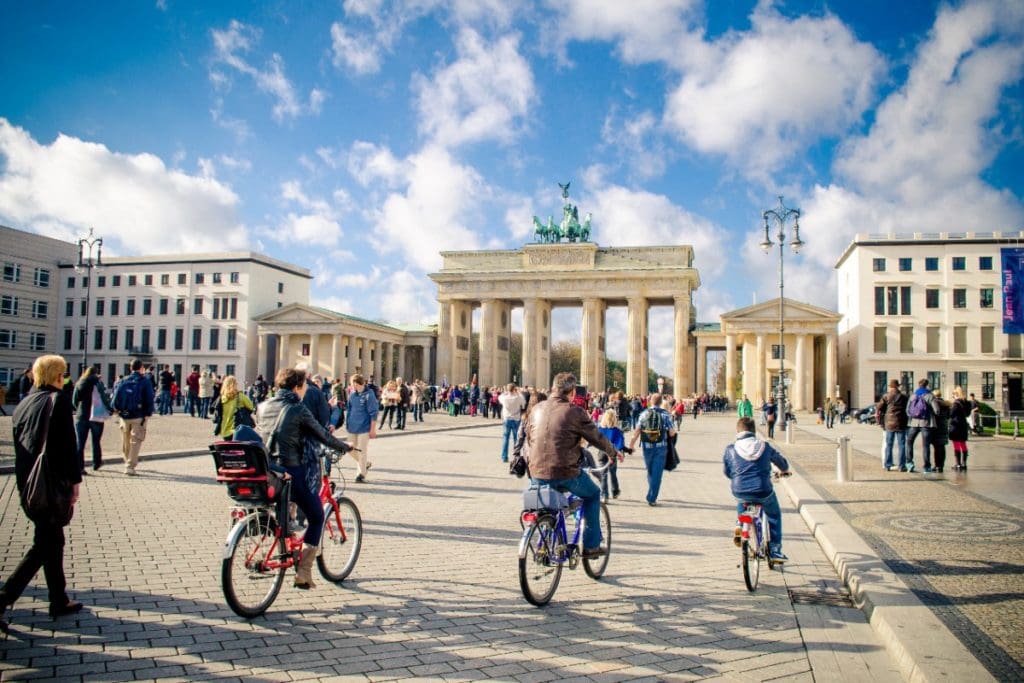German Climate Package Earmarks $1.38 Billion for Cycling

Berlin / Germany
Germany’s federal government has announced that will be investing 900 million Euro (A$1.38 billion) into cycling as part of its national climate protection programme. The largest portion will be funded through a €660 million (A$1 billion) ‘City and Country-side’ (‘Stadt und Land’) program, which was officially published on 25 January by the Federal Ministry of Transportation. The investments in both urban and rural infrastructure are intended to help unleash the potential of cycling for climate-friendly transportation across the country.
This new investment comes on top of other existing budget lines, including €170 million (A$261 million) for cycle highways, €46 million (A$70 million) for the national cycle tourism route network, Radnetz Deutschland plus €126 million (A$195 million) for ‘innovative cycling projects’.
According to the German cyclists organisation the ADFC, this will triple central government investments compared to previous years, bringing total investments to close to €1.5 billion (A$2.32 billion) for the years 2020 – 2023. This equates to €4.5 (A$6.97) per person, per year.
Germany’s Federal Ministry of Transportation is setting a number of quantitative targets on what should be achieved with this money:
- 272 kilometers of physically separated bicycle paths
- 672 kilometers of bike lanes
- 416 kilometers of bicycle streets
- 55 structures such as bike lane bridges and underpasses
- 167,200 bike racks at bus stops
- 24,800 bike boxes (advanced stop areas at intersections)
- 31,200 parking spaces in bike parking garages
- 179 separated traffic light phases
- 4,880 lighting installations on bike lanes.
While the new funds were strongly welcomed by ADFC as a huge step forward, the association at the same time heavily criticized the ‘construction’ of 672 kilometers of bike lanes, which are effectively painted markings on the road surface, as ‘not bicycle-friendly’ and ‘backwards-looking’.
In order to effectively unlock the money, ADFC called upon municipalities and the federal states to quickly submit relevant project applications such as for the construction of separated bike paths.
Most of this article was first published by the European Cyclists Federation (ECF).
